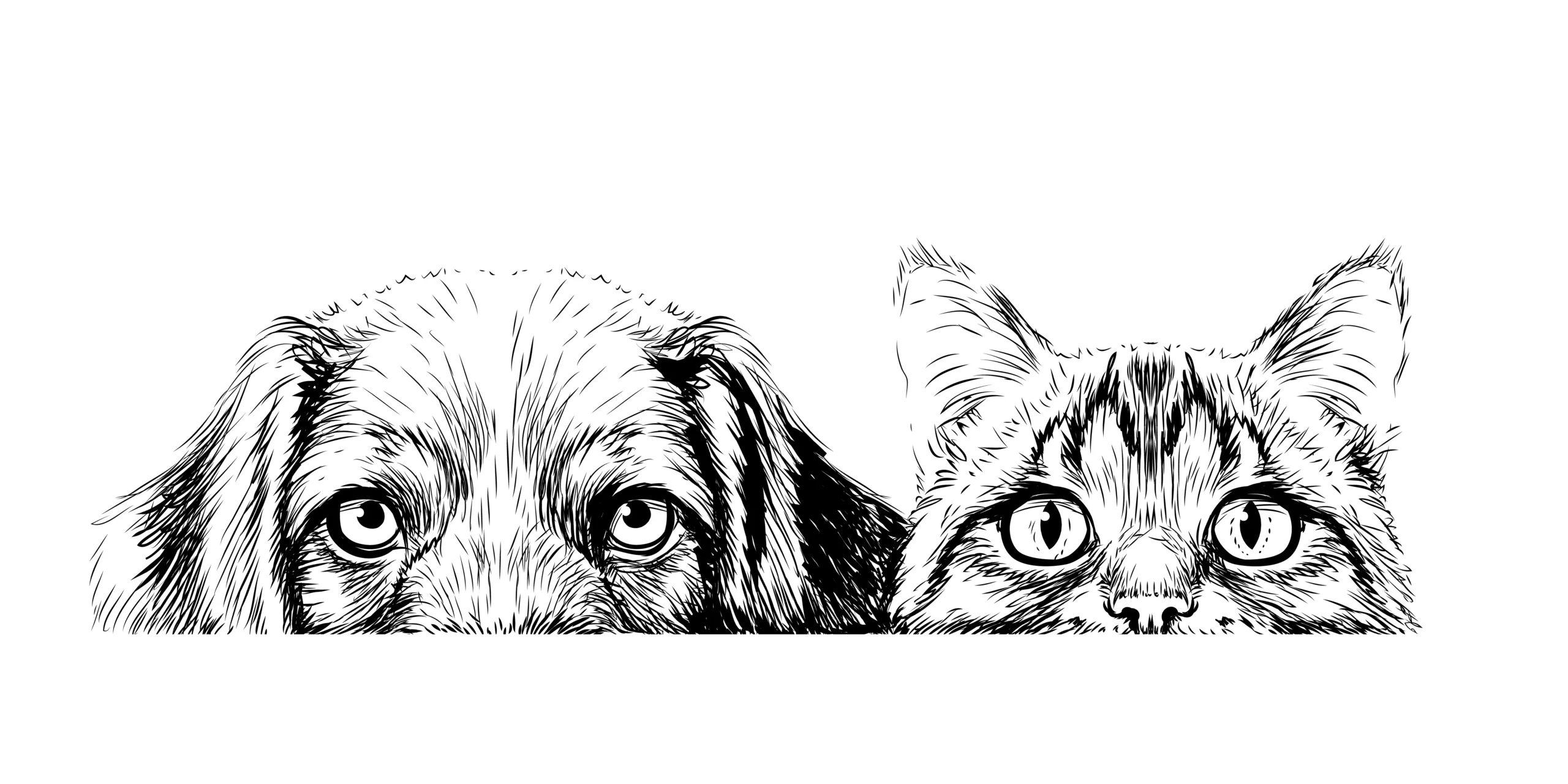
The emotional turmoil of a divorce extends far beyond the human parties involved – our furry companions also find themselves caught in the crossfire. Sadly, pets are legally considered chattels (personal property) within UK divorce law, akin to a piece of furniture. This can leave separating couples in a heart-breaking dispute over who gets to keep their beloved pet.
However, it’s important to understand the complexities surrounding pet ownership during divorce in the UK. Here’s what you need to know:
The Default Rule: Who Purchased the Pet?
In the eyes of the law, the person who originally purchased the pet is likely to be deemed the rightful owner. This can be shown through proof of purchase such as receipts, adoption records, or even microchip registration details. If both parties contributed financially to the initial purchase, the court may take this into consideration.
The Grey Area: Pets as Gifts
Things become more complex if the pet was given as a gift. If one spouse can demonstrate that their partner gifted the animal to them with clear intent, they may have a strong claim to ownership. Evidence of this could include birthday cards, social media posts or even witness testimony.
The Pet’s Welfare: A Paramount Consideration
While the initial purchaser often has the strongest legal claim, the court’s primary concern will be the pet’s well-being. Judges assess:
- Living arrangements: Which party can provide the pet with the most suitable living space and access to exercise?
- Primary caregiver: Who takes primary responsibility for feeding, walking, vet visits, and general care?
- Children: If children are involved, where will the pet cause the least emotional disruption to their routine?
- The pet’s bond: Do they have a stronger documented bond with one individual?
Alternatives to Court: Finding an Amicable Solution
Court battles over pet ownership can be both stressful for all involved and detrimental to the well-being of the animal. Here are some more amicable approaches:
- Mediation: Engaging a mediator can help couples communicate constructively and reach a fair agreement about their pet’s future.
- Shared Custody: If feasible, couples might consider ‘shared custody’. Of course, logistics like location and the practicality of such an arrangement need careful consideration.
- Written Agreements: A pre/postnuptial agreement or cohabitation agreement that explicitly outlines pet ownership in the event of separation can save significant pain down the line.
The Rising Trend: Taking Pets Seriously
The UK’s outdated view of pets as mere possessions is, fortunately, shifting. Growing societal recognition of pets as sentient beings, rather than items on a balance sheet, is influencing evolving legal perspectives. However, until formal laws reflect this sentiment, separating couples need to be proactive about their pet’s future. Taking a responsible and compassionate approach will hopefully avoid undue distress for your animal companions
Key Takeaways
UK divorce law treats pets as property.
The original purchaser typically has the strongest claim, but exceptions exist.
The pet’s welfare is an increasingly important consideration.
Finding an amicable solution through mediation or shared custody is ideal (if feasible).
Considering prenuptial/postnuptial agreements for pet ownership can be wise.
The emotional impact of losing a pet during an already difficult divorce shouldn’t be underestimated.
Understanding your legal rights and prioritising your pet’s well-being is crucial for navigating this sensitive issue.

Table of content
Recent Posts
Cryptoasset Tax Changes From January 2026
The world of cryptoassets is in a constant state [...]
UK Housing Market – 2025 Update
Buying your first home in the UK is not a [...]
Can You Put Digital Assets In A Trust? – How To Protect Your Digital Estate
In an era where our lives are increasingly played out [...]







